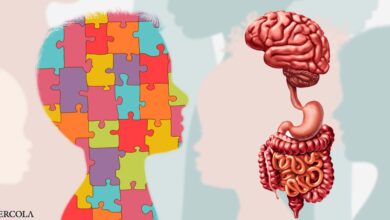New Zealand considers routine data collection on rare disorders


New Zealand’s Ministry of Health plans to build a national database of rare disorders as part of a strategy to better support people living with these conditions.
The newly released Aotearoa New Zealand Rare Disorders Strategy outlines the health system’s direction to improve the health outcomes and quality of life of people with rare disorders and their families over the next 10 years.
WHAT IT’S ABOUT
The priority of this strategy is to collect information on rare disorders, which will be made available to stakeholders over time.
The Ministry of Health intends to provide more detailed clinical classifications and facilitate easy connection of classification systems to additional datasets on rare disorders.
It also seeks to develop ways to collect data on suspected but unknown rare disorders. Methods will also be developed to link high-quality rare disorder information with national health data.
In the coming years, it is expected that anonymized data will be used in research looking to improve outcomes and support for people with rare disorders.
WHY IT MATTERS
Rare disorders in the New Zealand context are those that affect one in 2,000 people. These include rare genetic disorders, cancers, infectious disorders, poisonings, immune-related disorders and idiopathic disorders. Meanwhile, extremely rare disorders affect one in 50,000 people.
“Currently, we collect very little information about rare disorders systematically. With limited data, we do not know exactly how many New Zealanders have rare disorders, what their impact on health is, and how many people are diagnosed and treated promptly,” the Ministry of Health said.
There are believed to be around 300,000 people living with rare disorders in this country. The Ministry of Health’s 10-year strategy aims to address the health system’s challenges in identifying and responding to these cases and meeting the “uncommon, unusual or unclear” needs of patients.
“In the future, services will use information about rare disorders to guide, monitor and improve patient care,” the Department of Health noted. Access to information about rare disorders will support the planning and delivery of care, the department said. Regular reporting and monitoring of information about rare disorders will also “allow for better and more timely care and choice” for specific patient groups.
THE BIGGER TREND
The Aotearoa New Zealand Rare Disorders Strategy aligns with the New Zealand Health Strategy, released last year, which also places a strong emphasis on data building and data collection. The strategy highlights the importance of high-quality data in tracking trends and outcomes, as well as identifying gaps in research and innovation. “We must have consistent and reliable data collection systems that are accessible to all, with privacy and confidentiality being paramount.”
Alongside data collection, New Zealand is also increasing health data sharing by introducing NZ Core Data for Interoperability, which serves as a standard for the most commonly shared health data in clinical workflows and consumer data access.




